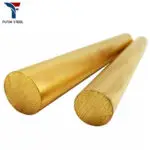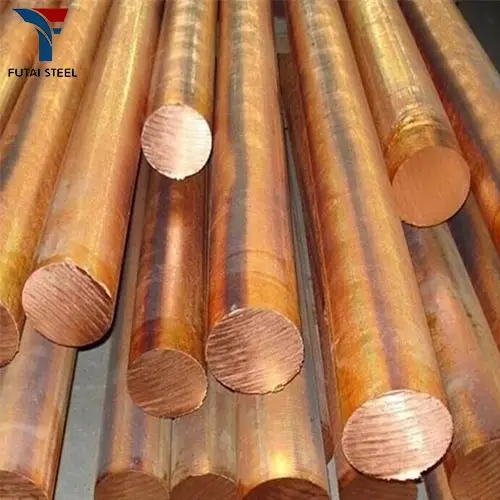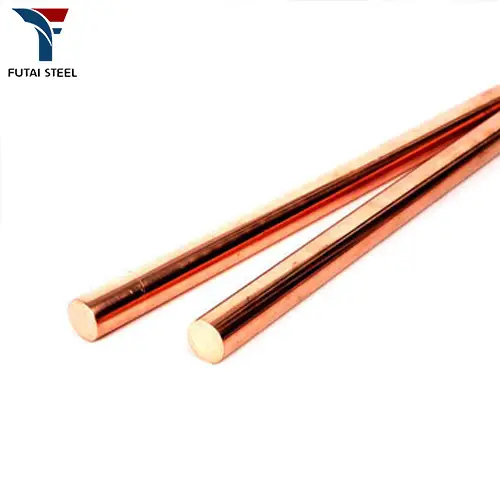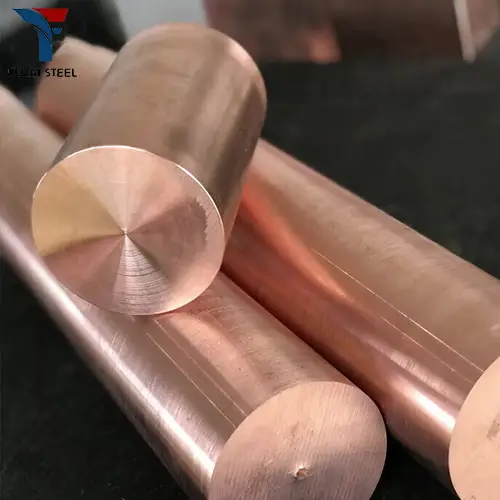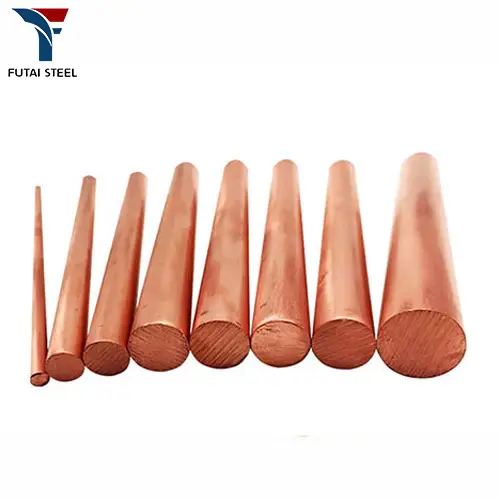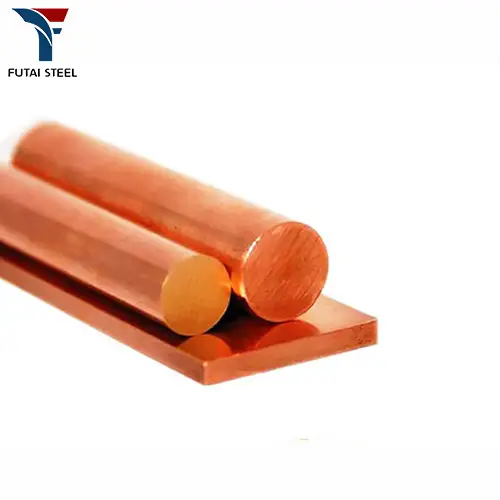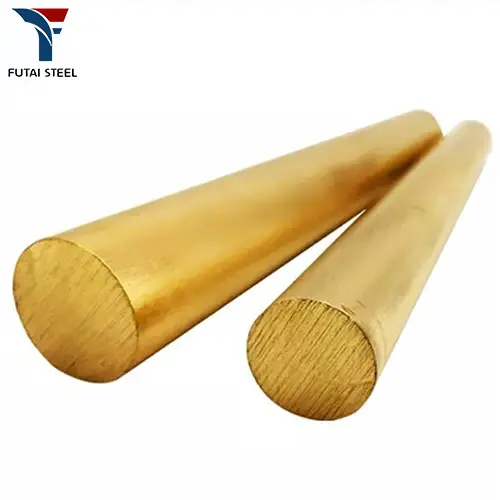Product Center
/ Product
Navigation
Brass bar "usually refers to a brass rod, which is a long strip of material made of brass. Brass is an alloy of copper and zinc, which has excellent processability, corrosion resistance, and good electrical and thermal conductivity. Brass rods have a wide range of applications in various fields, such as electrical, construction, and mechanical manufacturing, due to their unique physical and chemical properties. They can be used to make various connectors, fasteners, conductive components, and decorative parts. Brass rods are typically supplied in different diameters, lengths, and specifications to meet the needs of various industries.
Send Us A Message
- "Copper bar" refers to a solid piece of copper in a bar or rod shape. Commonly used in electrical engineering, construction, and various industrial applications, copper bars possess high electrical conductivity, making them ideal for electrical transmission and grounding purposes. They are also employed in heat exchangers and other systems where their thermal conductivity is valuable. The versatility of copper bars allows them to be found in various diameters, lengths, and even special alloys to suit specific requirements.
- "Copper bar" refers to a solid piece of copper in a bar or rod shape. Commonly used in electrical engineering, construction, and various industrial applications, copper bars possess high electrical conductivity, making them ideal for electrical transmission and grounding purposes. They are also employed in heat exchangers and other systems where their thermal conductivity is valuable. The versatility of copper bars allows them to be found in various diameters, lengths, and even special alloys to suit specific requirements.
- "Copper bar" refers to a solid piece of copper in a bar or rod shape. Commonly used in electrical engineering, construction, and various industrial applications, copper bars possess high electrical conductivity, making them ideal for electrical transmission and grounding purposes. They are also employed in heat exchangers and other systems where their thermal conductivity is valuable. The versatility of copper bars allows them to be found in various diameters, lengths, and even special alloys to suit specific requirements.
- "Copper bar" refers to a solid piece of copper in a bar or rod shape. Commonly used in electrical engineering, construction, and various industrial applications, copper bars possess high electrical conductivity, making them ideal for electrical transmission and grounding purposes. They are also employed in heat exchangers and other systems where their thermal conductivity is valuable. The versatility of copper bars allows them to be found in various diameters, lengths, and even special alloys to suit specific requirements.
- "Copper bar" refers to a solid piece of copper in a bar or rod shape. Commonly used in electrical engineering, construction, and various industrial applications, copper bars possess high electrical conductivity, making them ideal for electrical transmission and grounding purposes. They are also employed in heat exchangers and other systems where their thermal conductivity is valuable. The versatility of copper bars allows them to be found in various diameters, lengths, and even special alloys to suit specific requirements.
- Brass bar "usually refers to a brass rod, which is a long strip of material made of brass. Brass is an alloy of copper and zinc, which has excellent processability, corrosion resistance, and good electrical and thermal conductivity. Brass rods have a wide range of applications in various fields, such as electrical, construction, and mechanical manufacturing, due to their unique physical and chemical properties. They can be used to make various connectors, fasteners, conductive components, and decorative parts. Brass rods are typically supplied in different diameters, lengths, and specifications to meet the needs of various industries.

